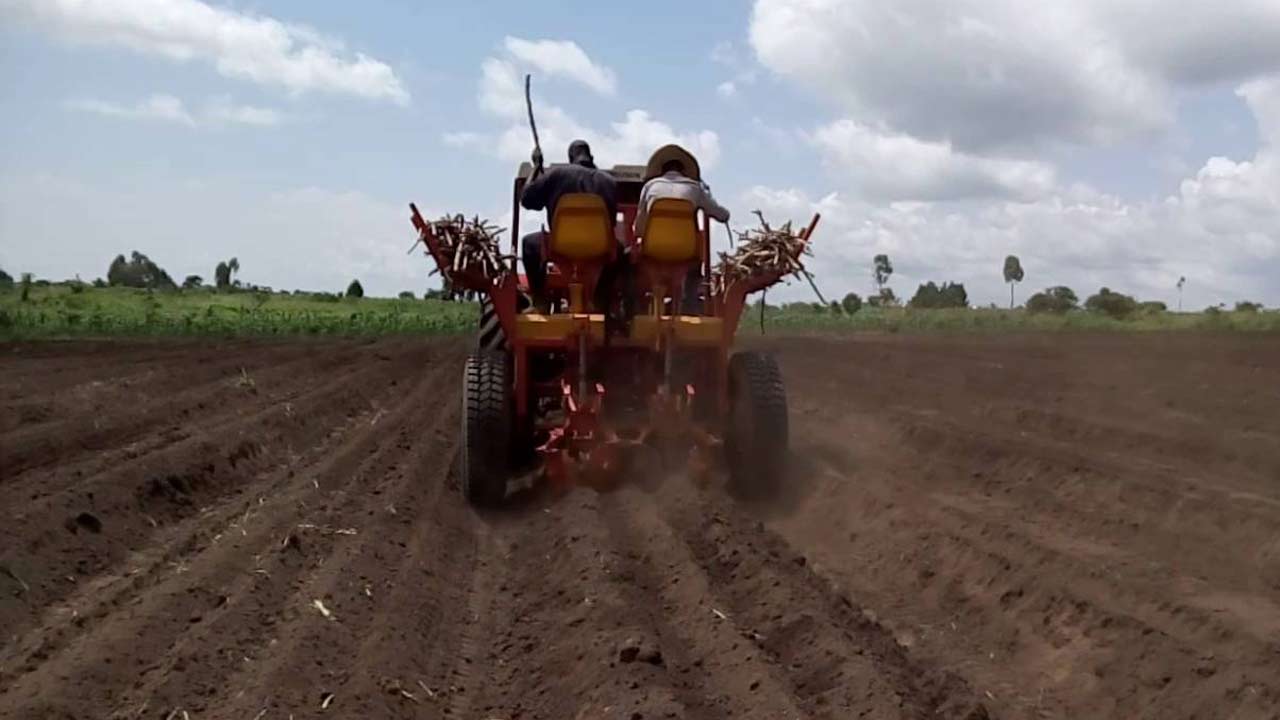
This allocation, announced at the weekend, is part of the 2025 Appropriation Bill, aligned with the National Agricultural Development Fund (NADF), a framework established to drive sustainable agricultural growth nationwide.
Recall that the NADF, established in October 2022 under former President Muhammadu Buhari, was designed to channel financial resources into critical agricultural areas. With functions outlined in Section 8, Part II of its Act, the Fund focuses on boosting productivity in crop production, livestock, fisheries, poultry, and agroforestry while prioritising food security.
The fund, according to the announcement, marks a significant step towards addressing poverty, low productivity, and resource limitations in the sector, as smallholder farmers, who constitute over 80 per cent of the country’s agricultural workforce, are expected to benefit significantly from these interventions.
According to experts, the N132 billion reflects a commitment to revitalising Nigeria’s agriculture sector, by addressing systemic barriers and providing targeted support to smallholder farmers, noting that this is a bold step by government to unlock the sector’s potential, ensuring food security and economic growth in 2025 and beyond.
With the determination of tackling longstanding challenges such as limited access to credit; poor infrastructure; climate change impacts and restricted market opportunities, the Federal Ministry of Agriculture and Food Security believes that addressing these issues will increase crop yields, modernise farming practices, and strengthen the agricultural value chain.
An Associate Professor, University of Africa, Bayelsa, Unekwuojo Onuche, who expressed optimism on the potential of the fund, warned that transparency and timely disbursement of the fund are key to its success.“If this is an improvement over the previous budget in real terms, then it is good.”
Government must ensure that the fund is not diverted; the government must ensure the intervention reaches intended beneficiaries.
An agricultural economist at the Federal University of Agriculture, Abeokuta, Ogun State, Joseph Deborah, described the initiative as excellent, noting that the real challenge lies in disbursing the funds effectively. She recommended direct registration and empowerment of smallholder farmers to prevent mismanagement.
She suggested that for the initiative to succeed, there must be streamlining of registration processes to ensure farmers’ direct access to resources; strengthening of oversight mechanisms to prevent fund diversion; and prioritising timely disbursement to address urgent needs






